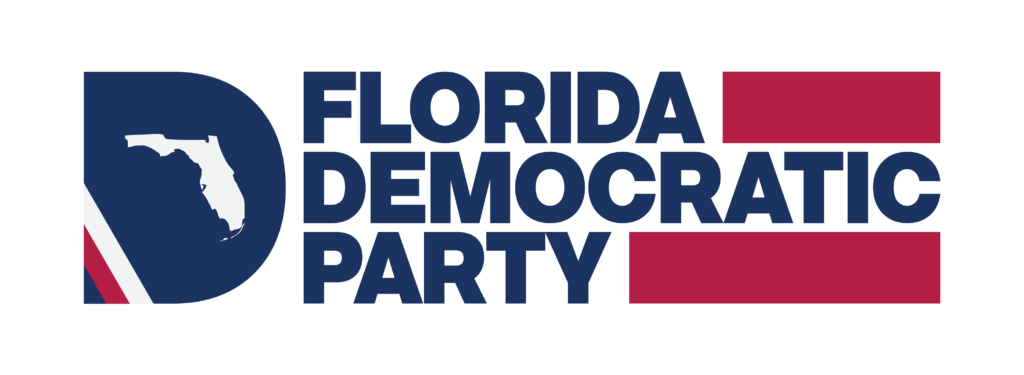Educators, students need funding only the Legislature can provide.
Last time Florida’s governor called a special session of the Legislature, it turned into a political disaster. Former Gov. Charlie Crist called one in July 2010 to constitutionally ban offshore drilling, a move he’d hoped would bolster his sagging candidacy for the Senate.
The Republican-led Legislature, at war with Crist over his run for the U.S. Senate as an independent, adjourned the session in minutes without taking any action on a ban.
Politics could get in the way of another special session this year, this time on education. But that would be a tragedy for Florida. Unlike last year’s session on drilling, which wasn’t even needed because Florida already had a statutory ban on offshore drilling, educators and the state’s students desperately need help.
And this is a moment when Gov. Rick Scott and the Legislature can give it to them.
Scott and lawmakers actually share much of the responsibility for placing primary and secondary education in Florida in such dire straits. In February, Scott proposed a state budget that cut spending $700 per pupil. To its credit, the Legislature pushed back, managing to pass a budget that trimmed the cut to about $540 per student.
But even then, student funding amounts to the least lawmakers have approved in five years.
Fortunately, cuts in education spending didn’t sit well with David Simmons of Altamonte Springs, chairman of a Senate education subcommittee. For months, Simmons has pleaded with Scott and legislative leaders to agree to hold a special session, and restore what would amount to about $130 in funding per student.
Simmons says the state could afford that.
Simmons also contends the $130 more per student actually would bring funding for students to about what it was the year before. He says that’s because districts held onto some federal stimulus funds for the 2011-12 fiscal year, and also saved money because districts will pay 3 percent less to teachers who must contribute that amount to their pensions.
Even with Simmons’ math, the Legislature’s cuts are causing considerable harm.
Any fiscal first aid might slow the bleeding in Broward County, for instance, which hemorrhaged 1,400 teachers and nearly 600 district staffers, and also might trot out furloughs.
Closer to home, budget woes have forced Lake to consider shortening the school week, slashing coaches’ pay and combining bus routes; Osceola to consider tapping reserves and cutting positions; Seminole to shutter Longwood Elementary; and Volusia to close or relocate several alternative schools and shoehorn additional students into classes not capped by the class-size amendment.
But will Scott call a special session? After he vetoed $615 million in spending — at a ceremony where supporters had banners reading “Less waste, more for education” — Scott urged that an unspecified chunk of the veto money go back into public-school spending. That took a lot of gall, and understandably angered House Speaker Dean Cannon, since Scott originally had sought deeper cuts to education than the Legislature.
So what’s the governor waiting for? If he’s serious about restoring money to education, it’s past time he called a special session to do it. And for Cannon and Senate President Mike Haridopolis to work with him to give Florida’s districts the money they need to better educate the state’s students.
No political train wrecks this time. Florida’s students cannot be shortchanged.




